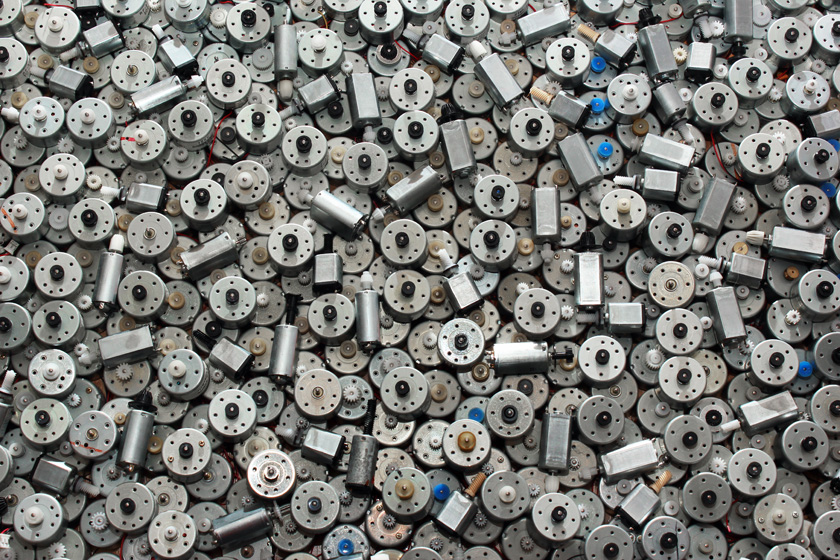Small Engine Maintenance & Repair

Mechanics that specialize in small engines are responsible for servicing and repairing small powered equipment like motorcycles, jet skis, and chainsaws. These mechanics usually specialize in one kind of machinery like motor boats or motorcycles. Small engine repair requires the use of a variety of techniques to diagnose and solve problems associated with smaller machinery.
Why Choose Small Engine Maintenence & Repair?
Having a vast amount of knowledge about operating on small equipment is an essential skill to have in this career. You should be able to improvise quickly and efficiently solve problems related to small engines. Remember, some jobs are going to require a complete engine overhaul while others simply require a small adjustment. Basically, you need to be as diversified as possible and be able to handle any problems which come your way.
Small engine mechanics are usually very skilled in specialized equipment as well as computerized equipment (usually installed in high-performance vehicles). Wrenches, pliers, and screwdrivers are among a few of the many tools a mechanic will be using. In some cases, you may be required to supply your own tools and in others, the company you work for will supply them for you. The benefit of using your own equipment is that you are already familiar with them and know how to use them.
Small Engine Repair Classes
Periodic services may be required on small engines to lessen and even eliminate the chance of a future breakdown. As a small engine mechanic, your job is simple: make sure the small engine you are working on performs optimally and is free from mechanical problems. In some cases, mechanics are guided by a checklist which they refer to while inspection the engine they are fixing. This allows them to go in order and thoroughly check the carburetors, electrical systems, and fuel injection systems.
Types of Mechanics
There are several different kinds of small engine mechanics and each one usually specializes in something different. For example, some may specialize in motorcycle repair and even end up working on mopeds, dirt bikes, and other all-terrain vehicles. The reason being is because there are similar skill sets involved with working on each one.
Some small engine mechanics also tend to work on more than just engines. Some specialize in braking systems, transmissions, and even ignition systems. Some may even do minor body repair work. Obviously, if you can increase your proficiency in all of these areas, you increase your value to the company and you will have the opportunity to make more money.
Training and Education Requirements for Small Engine Repair
Employers would prefer to hire a small engine mechanic who has completed their formal training courses and are certified to work on different kinds of small engines. Most mechanics end up learning the majority of their skills while on the job by working under more skilled and more experienced mechanics. Once you prove to be proficient in a certain task, you may be asked to perform more complicated ones.
Becoming a small engine mechanic can take as little as three months and as long as three years depending on which route you take. In some cases, employers conduct training courses themselves and allow mechanics to become certified through them. Either way, expect a career which offers a unique challenge and higher advancement opportunities (more pay) if you become more skilled. Find small engine repair schools listed on this site and request more information.
